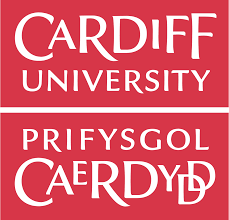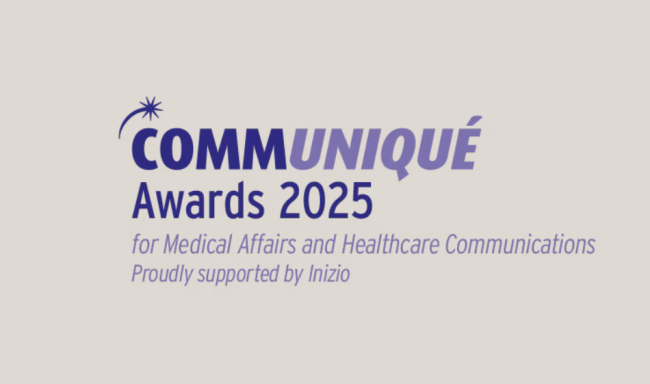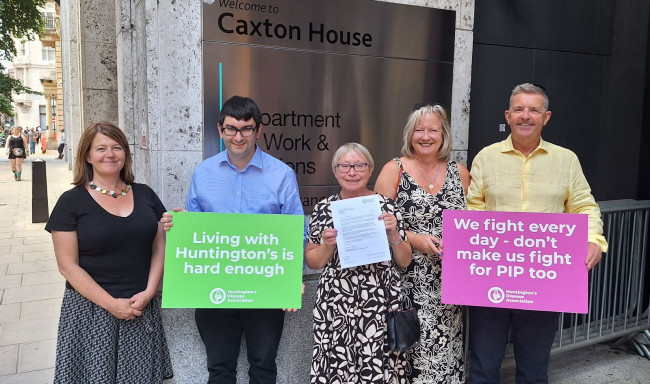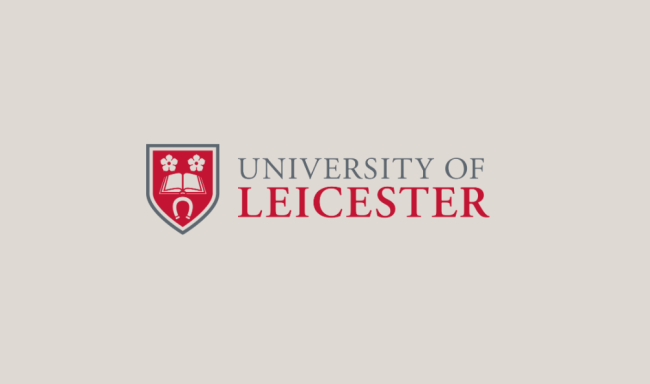Making your best day possible - a research project with Cardiff University.
We are collaborating with Dr Una Jones at Cardiff University to find out what could help people with Huntington's disease live well and make their best day possible. If you are a person with Huntington's disease, a family member or carer and would like to share your thoughts and ideas on what would make your life easier, then please contact:
Una Jones at jonesuf@cardiff.ac.uk or call on 02920 687789.
About the project
A recent survey of the Huntington's disease community in England and Wales highlighted the need for more advice and resources to help people with Huntington's disease live well. The Huntington's Disease Association of England and Wales is working with Cardiff University to find out what the Huntington's disease community thinks about ways in which to make the best day possible.
Can you help?
We are looking for people with Huntington's disease, family members, carers who are willing to take part in a focus group to discuss what advice/resources could help people with Huntington's disease live well.
What does taking part involve?
Taking part will involve joining an online meeting of 5-6 people to chat about your ideas and thoughts about how to live well with Huntington's disease. The meeting will take place via Zoom, so you will need an electronic device and access to the Internet. Dr Una Jones will support two students from Cardiff University to ask the group questions about living well with Huntington's disease. We will ask questions about how you could live your best day possible, whether there are any tools/resources that would make life easier and how you could best access these resources. The online meetings will last 45-60 minutes. We would like to carry out two to three of these meetings, and you only need to come to one meeting.
What happens next?
A report, based on what is discussed at the meetings, will be written and presented to the Huntington's Disease Association to enable them to explore ways in which they could further support the Huntington's disease community.





